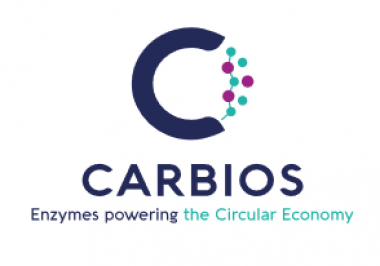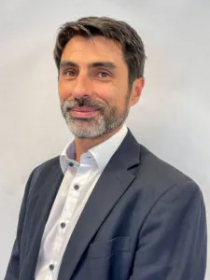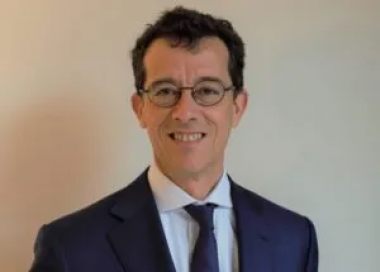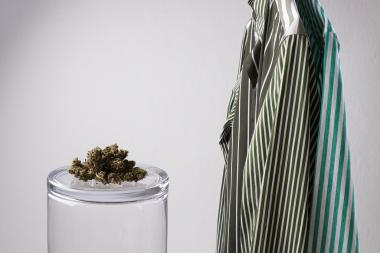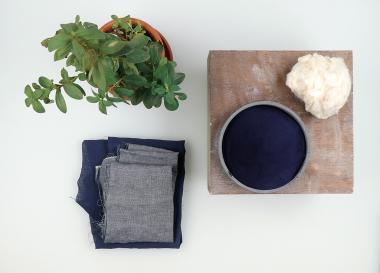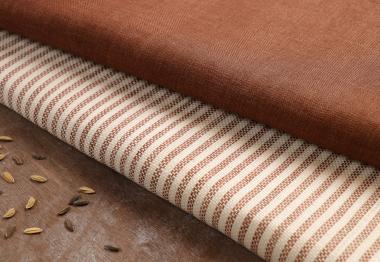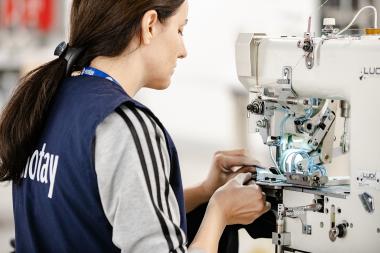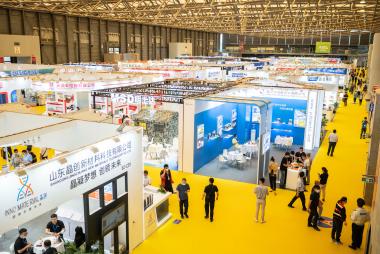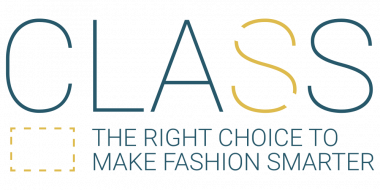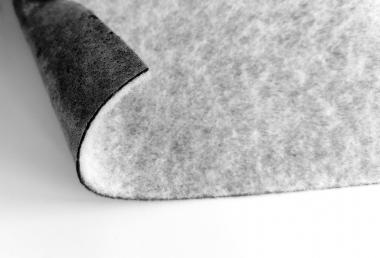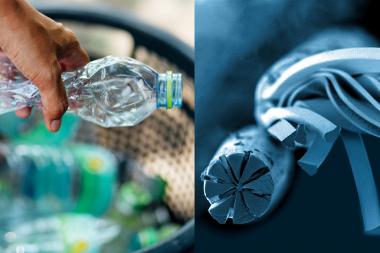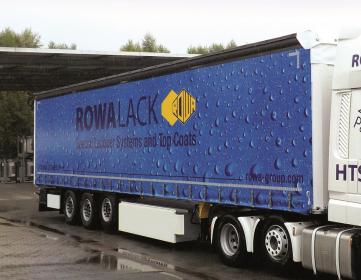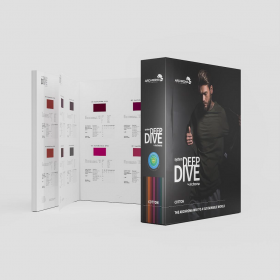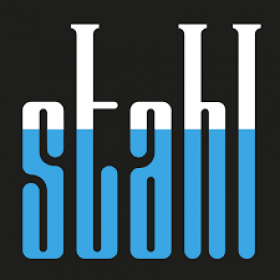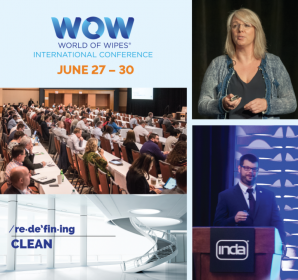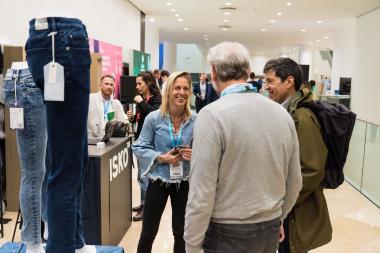Huntsman Textile Effects at Outdoor Retailer Summer 2022
Huntsman Textile Effects, a global leader in innovative solutions and environmentally sustainable products, will be at Outdoor Retailer in Denver, Colorado this week to present end-to-end solutions that enable outdoor apparel brands to achieve the functionality that outdoor adventurers crave with on-trend aesthetics and a high degree of sustainability.
Resource-saving solutions
Huntsman will highlight the AVITERA® SE Fast process. This technology delivers the lowest environmental impact for dyeing polyester-cellulosic (PES-CO) blends. It combines alkali-clearable TERASIL® W/WW disperse dyes and AVITERA® SE reactive dyes to cut processing time from around nine hours to just six, helping mills to reduce the water and energy required for production by up to 50% and to increase output by up to 25% or more. The new process also delivers outstanding wet-fastness to ensure that sportswear will not bleed or stain during home laundering or while in storage or transit.
EROPON® E3-SAVE is another next-generation water-saving innovation. An all-in-one textile auxiliary for PES processing, it allows pre-scouring, dyeing and reduction clearing to be combined in a single bath and eliminates the need for anti-foaming products, which shortens processing time and further saves water and energy.
Eco-friendly stain and rain resistance
Huntsman will also present eco-friendly finishes that repel water and stains to help garments look new for longer. Continuing its long-standing relationship with Chemours, Huntsman is highlighting Teflon™ EcoElite with Zelan™ R3 technology. The industry’s first renewably sourced water-repellent finish, it contains 63% plant-based materials and exceeds performance levels possible with traditional fluorinated technologies, preserving breathability while offering excellent water repellency and durability.
Another breakthrough for brands and mills is PHOBOTEX® RSY for outerwear. A next-generation non-fluorinated water-repellent finish, its performance is comparable to formulations based on per-fluorinated chemicals (PFCs), delivering sustainable protection that keeps the wearer dry, even in the most demanding environments. It is a perfect combination of excellent water repellency and extremely high wash durability.
Innovative odor control solutions
Huntsman will also showcase antimicrobial and odor-control solutions as part of its partnership with Sciessent. Sciessent’s latest anti-odor technology, NOBO™, has been specifically developed to reduce odors in natural and synthetic fabrics. It can be incorporated into virtually any fabric, making it ideal for everything from base layer and activewear tops to socks and underwear to hiking pants, chinos and hard shell jackets. It offers a cost-effective way to upgrade everyday garments.
In addition, the partners will also present Sciessent’s Agion Active X2®, a next-generation odor-control solution that combines advanced antimicrobial and odor-absorbing technologies to both capture and fight odor-causing bacteria, and Lava X2®, a standalone odor adsorption product and key component of Agion Active X2® that attracts, adsorbs and degrades odors for long-lasing odor protection.
Huntsman







